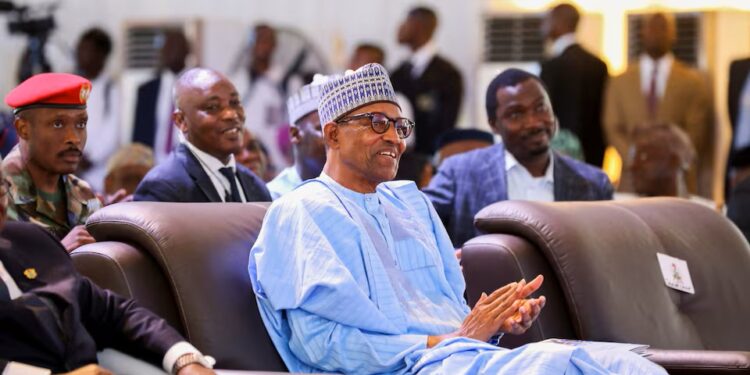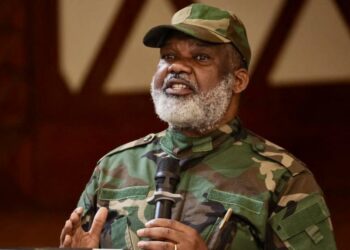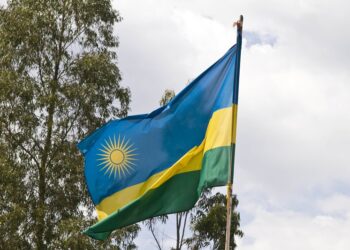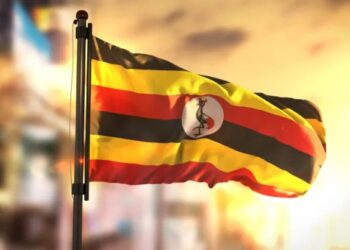Nigeria’s former president, Muhammadu Buhari, who led Africa’s most populous country from 2015 to 2023 and was the first Nigerian president to oust an incumbent through the ballot box, died in London on Sunday, a presidential spokesperson said.
“President Buhari died today in London at about 4:30 p.m. (1530 GMT), following a prolonged illness,” President Bola Tinubu’s spokesperson said in a statement.
The spokesperson said Tinubu had directed Vice President Kashim Shettima and his chief of staff to travel to London to collect and accompany Buhari’s body back to Nigeria for burial.
A Muslim, Buhari was expected to be buried according to Muslim rites in his home state of northwestern Katsina, government officials said.
Buhari, 82, first led the country as a military ruler after a coup in the 1980s. He earned a devoted following for his brand of anti-corruption conviction politics.
He referred to himself as a “converted democrat” and swapped his military uniform for kaftans and prayer caps.
“I belong to everybody and I belong to nobody,” was a constant refrain Buhari told supporters and critics alike.
Buhari defeated Goodluck Jonathan in 2015 in what was judged to be Nigeria’s fairest election to date. Many hoped the retired major general would crack down on armed groups, just as he had as the country’s military head of state.
Instead, violence that had mostly been confined to the northeast spread. That left swathes of Nigeria outside the control of its security forces as gunmen in the northwest, armed separatists and gangs in the southeast roamed unchecked.
Much of his appeal lay in the anti-corruption ethos that was a central plank of his agenda both as a military and civilian ruler. He said endemic corruption in Nigeria’s political culture was holding people back.
‘BABA GO SLOW’
But Buhari quickly disappointed after his 2015 win.
He took power as Nigeria was reeling from jihadist group Boko Haram’s kidnapping of nearly 300 schoolgirls from the northeastern town of Chibok.
He took six months to name his cabinet. During that time, the oil-dependent economy was hobbled by low crude prices, prompting people to call him “Baba Go Slow”.
He retained his popularity in poor, largely Muslim northern Nigeria, where voters propelled him to his second victory in 2019, despite his first term being blighted by Nigeria’s first recession in a generation, militant attacks on oilfields, and repeated hospital stays for an undisclosed illness.
On the economy, Buhari applied the same approach that failed when he was in power in the 1980s – keeping the currency artificially high, as a matter of national pride. Just as in his first stint in power, the president ignored the IMF’s advice to devalue the naira.
In 2022 the production of oil – by far Nigeria’s greatest export – fell to its lowest level in more than two decades due to crude theft in the Niger Delta.



























































